The Government has vowed to work with the fleet industry to identify solutions to overcome the barriers operators face switching to electric vans.
Lilian Greenwood, minister for the future of roads at the Department for Transport (DfT), told MPs she understands the sector requires clarity around a number of challenges that they face, including the 2030 ban on the sale of new internal combustion engine (ICE) vans.
She also acknowledged during the debate in Westminster Hall yesterday (Tuesday, October 29) that “more must be done” to support van electrification and action was required to help van fleets access charging networks, both on site and on the road.
However, there was no timeline on when the rules may be changed for operating electric vans up to 4.25 tonnes.
Speaking during a debate on overcoming the challenges faced by fleets transitioning to zero-emission vans, Greenwood acknowledged fleets wanted “certainty” around ending the sale of new ICE vans.
She said: “To provide this certainty, we've stated our intention to phase out the sale of new cars solely powered by internal combustion engines by 2030 and we'll set out further details for reducing emissions from vans in due course, but all new cars and vans will need to be zero emission by 2035.”
She explained that was “no different” to the original policy of the previous Government, which allowed the sale of hybrid vehicles for a further five years, until 2035.
The Government has vowed to work with the fleet industry to identify solutions to overcome the barriers operators face switching to electric vans.
Lilian Greenwood, minister for the future of roads at the Department for Transport (DfT), told MPs she understands the sector requires clarity around a number of challenges that they face, including the 2030 ban on the sale of new internal combustion engine (ICE) vans.
She also acknowledged during the debate in Westminster Hall yesterday (Tuesday, October 29) that “more must be done” to support van electrification and action was required to help van fleets access charging networks, both on site and on the road.
However, there was no timeline on when the rules may be changed for operating electric vans up to 4.25 tonnes.
Speaking during a debate on overcoming the challenges faced by fleets transitioning to zero-emission vans, Greenwood acknowledged fleets wanted “certainty” around ending the sale of new ICE vans.
She said: “To provide this certainty, we've stated our intention to phase out the sale of new cars solely powered by internal combustion engines by 2030 and we'll set out further details for reducing emissions from vans in due course, but all new cars and vans will need to be zero emission by 2035.”
She explained that was “no different” to the original policy of the previous Government, which allowed the sale of hybrid vehicles for a further five years, until 2035.
The DfT confirmed that the sale of new hybrid electric vehicles (HEVs) would be allowed beyond 2030, last month.
New electric van sales targets
With figures showing electric van registrations are waning, Greenwood said the Government recognises the Zero Emission Vehicle (ZEV) mandate targets are “particularly challenging for vans”.
The ZEV mandate requires more than a fifth (22%) of cars and 10% of vans sold by manufacturers to be fully electric by the end of this year.
“Clearly, we have further to go and that is why vans receive additional flexibilities compared to cars,” explained Greenwood.
“Under the ZEV mandate, van manufacturers in 2024 can defer 90% of the target in this year to later years… that means that they can choose to sell fewer zero emission vans this year in exchange for selling more in future years, as demand reaches critical mass and as there are more models available and potentially, hopefully prices coming down.”
Manufacturers can also use the carbon dioxide conversion flexibility, which allows them to sell fewer zero-emission vans in exchange for reducing average emissions across their new non zero-emission vans.
“This means that vehicle manufacturers can meet the requirements of the mandate without incurring fines, even if they don't achieve 10% of new van sales this year,” said Greenwood.

“The Government has been clear that these grants will eventually end,” Lilian Greenwood MP, DfT
Rule changes for 4.25 tonne electric vans
Greenwood confirmed that the Government is “considering options to make it easier for both drivers and operators to move to zero emission vans” to help drive uptake of 4.25 tonne electric vans.
“We're also reviewing options for amending roadworthiness or MOT testing, as well as drivers’ hours tachograph and speed limiter rules for these heavier zero emission vans,” she added.
However, she said: “The Government takes road safety very seriously, and reducing those killed and seriously injured on our roads is a key priority.
“Road Safety is therefore a primary consideration in assessing any changes to regulatory weight thresholds.”
Abdul Chowdhury, head of the vehicle policy team at the Office for Zero Emission Vehicles (OZEV), told visitors to Fleet and Mobility Live that the DfT was assessing the safety impact of exempting these heavier electric vans from operator licence restrictions.
The previous administration announced in October, 2023, that the additional five-hour training requirement for drivers would be removed for electric vans weighing up to 4.25 tonnes.
With heavier vans also falling under HGV operator licensing rules, it also promised to make changes to towing allowances and broaden the flexibility to cover all vehicle types, beyond goods vans, recognising that further measures were needed to support their uptake.
In May, OZEV said that it expected to bring legislation forward by the end of the year, but July’s general election meant any changes are now being considered by the new Government.
An electric van weighing more than 3.5 tonnes is still classed as an HGV and as such requires an MOT test after 12 months. It is also speed restricted, while tachograph regulations come into effect if the vehicle travels more than 100kms from base.
Shadow transport minister, Sir Alec Shelbrooke, told Greenwood that the fleet industry and drivers would “appreciate certainty as to what measures the Government intends to retain and what action it intends to undertake”.
He also called for “clarity” from the Government around the ban on the sale of new ICE vans, adding that any “changes must be pragmatic”.
Access to charging infrastructure
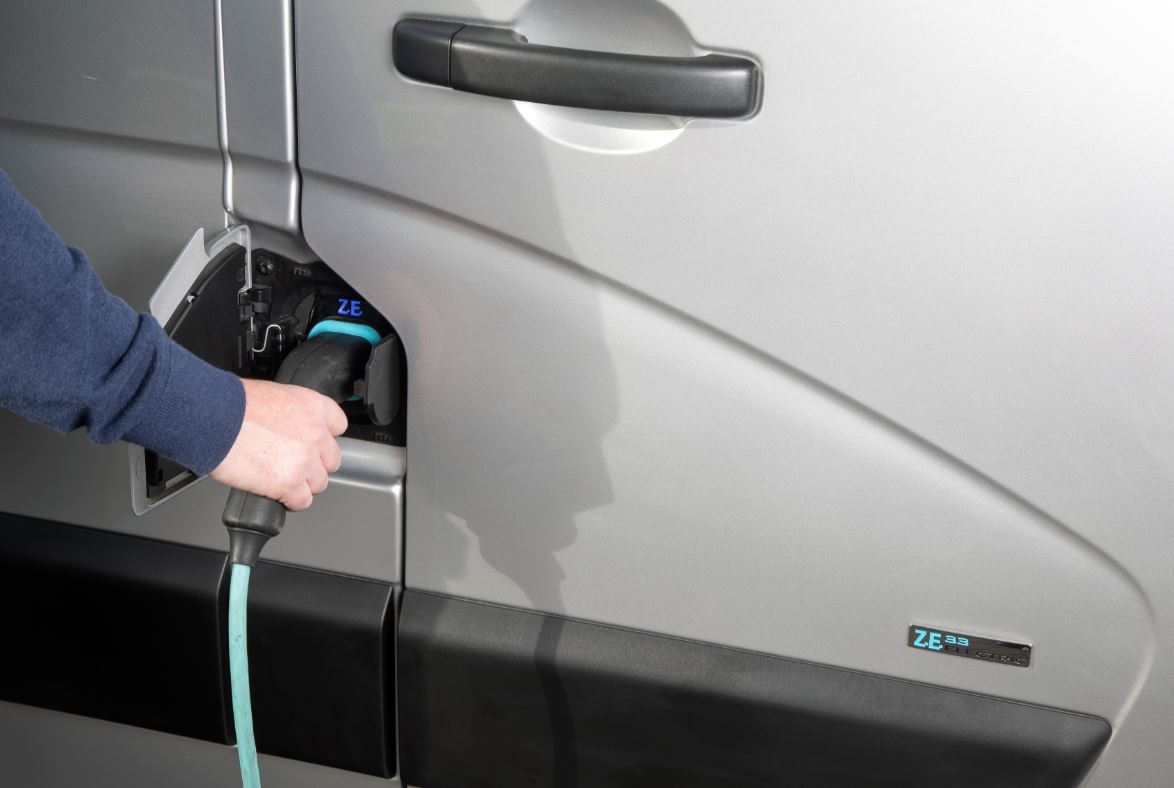
During the debate, Greenwood heard that charging infrastructure is one of the biggest barriers to van fleet electrification.
Tamworth MP, Sarah Edwards, who raised the debate, called for a “step change” in the approach to investment and infrastructure, so that small and medium sized enterprises (SMEs) do not get left behind in the transition to zero-emission vans.
“There must be targeted incentives and a rollout of suitable infrastructure,” she said. “The challenges with infrastructure regulation, affordability and availability of suitable products are holding back businesses in their move towards e-vans.”
Redditch MP, Chris Bloore, added: “We must make it easier, quicker and cheaper to install charging points that are suitable for vans.
“Public charging spaces are often designed for cars, not vans, meaning that even if there is a charging point, most van users are missing out.”
Greenwood understood that for fleets to make the switch to electric vans, they need to feel confident in their ability to charge those vehicles, whether that’s at home or at the depot or on the road.
“We recognise that more needs to be done,” she said. “That's why we’ve committed to accelerating the roll out of charging infrastructure, and we’re currently considering the most effective ways of doing this, and we’ll have more to say on that in due course.”
She also acknowledged that van drivers are likely to have to rely on public charging infrastructure, with differing needs to those of private drivers.
“We are continuing to communicate with charging providers about the importance of them being accessible for van drivers, and our work with the British Standards Institute (BSI) on accessible charging infrastructure will also support larger bays,” she added.
Greenwood is also investigating how the Government can support local authorities with cross pavement charging solutions for those drivers without off-road parking.
Furthermore, she says that the Government recognises that grid connections continue to be a “major obstacle” for those wishing to make the switch to EVs.
“We know there’s a need for significant reforms to the grid connections process, and that’s why we’re working with OFGEM and the network companies to make the grid connections process easier,” she added.
“We’ll continue to work very closely with fleet operators, with individual organisations and their trade associations to understand the barriers to the uptake of zero emission vans and to work together to identify solutions to help overcome them.”
Challenges “not limited” to vans
In opening the debate, Edwards highlighted how fleets operating heavier vehicles faced a similar, if not a greater challenge to decarbonise their operations.
“These challenges are not limited to the transition for zero emission vans,” she said. “The logistics industry is essential to our economy and many operate fleets of varying size of vehicle and provide different coverage for different parts of the business operation.”
The phase out dates for the sale of new ICE trucks is 2035 for those up to 26 tonnes, and 2040 for those above.
Greenwood said that the Government remains “technology neutral”, investing in both hydrogen and battery electrification.
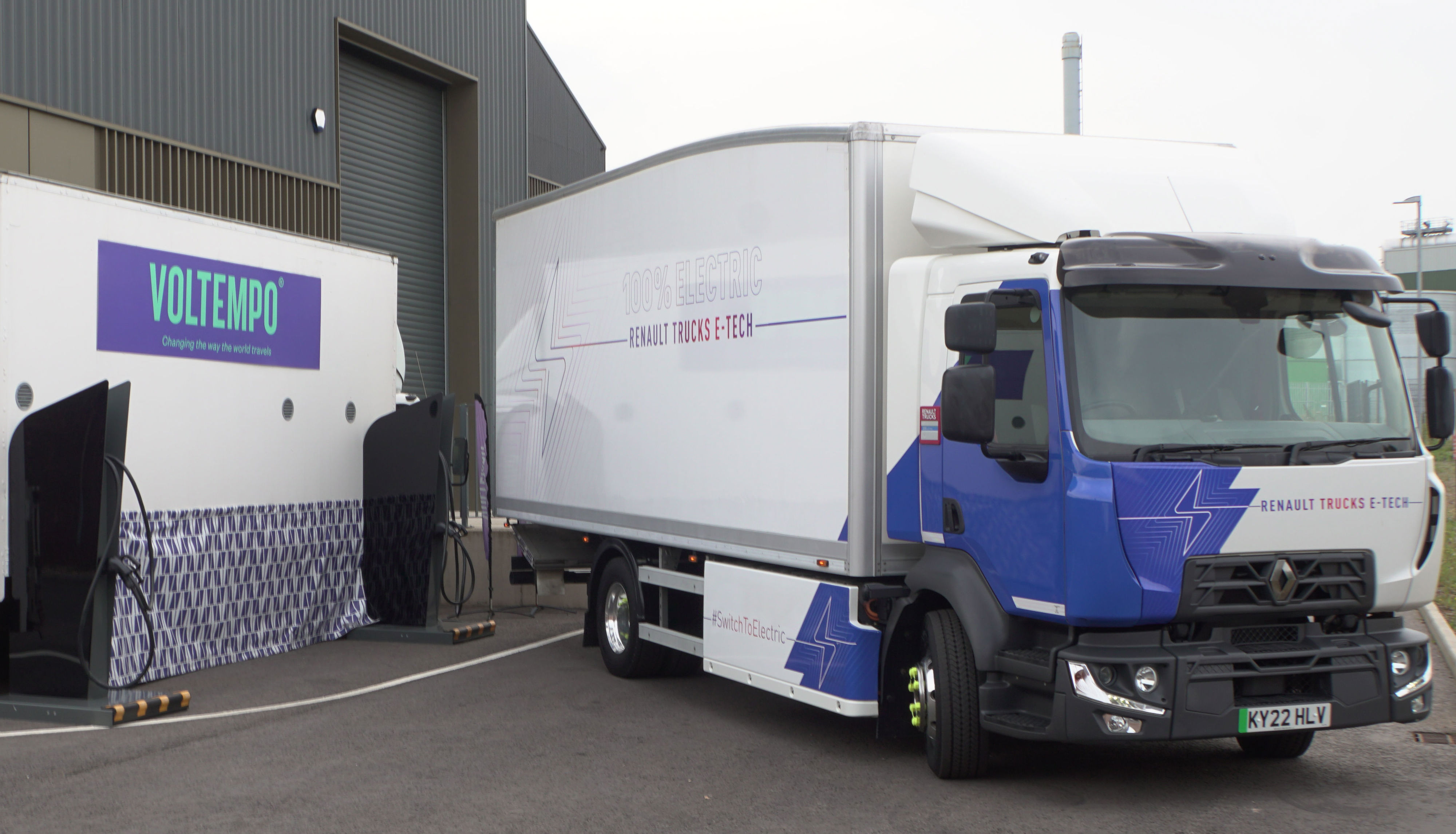
“That is why the Government is providing up to £200 million as part of the Zero Emission HGV and Infrastructure Demonstrator Programme,” she added.
“This programme will build sector confidence in the capabilities of the heaviest HGVs, 40 to 44 tonnes, by supporting hundreds of battery electric and hydrogen fuel cell HGVs and kick starting the deployment of the charging and fuelling sites.”
Edwards explained that the heavy goods sector currently accounts for just under 20% of UK transport CO2 emissions, yet only 0.8% of HGV fleets are zero emission.
“For HGV fleets, there are very limited options for the heaviest vehicles and those that are available are expensive,” she added.
The Road Haulage Association (RHA) anticipates that the overall cost of decarbonisation for HGVs will likely exceed £100 billion.
“Electric trucks are at least three times the price of an equivalent diesel,” continued Edwards.
The RHA also estimates that up to £2bn of investment in the energy infrastructure is needed to power this zero-emission fleet.
Edwards warned: “There's a lot of work to do when the target for phasing out new diesel HGVs below 26 tonnes is 2035 and for all HGVs, it is 2040.”
She concluded: “The challenges around charging facilities, cost and infrastructure are large, but not insurmountable, especially when the earlier that we invest, the earlier the payback begins, and the new partnership between this Government and businesses could help transform the van sector, tackling a huge environmental impact and growing our economy.”
Login to continue reading.
This article is premium content. To view, please register for free or sign in to read it.

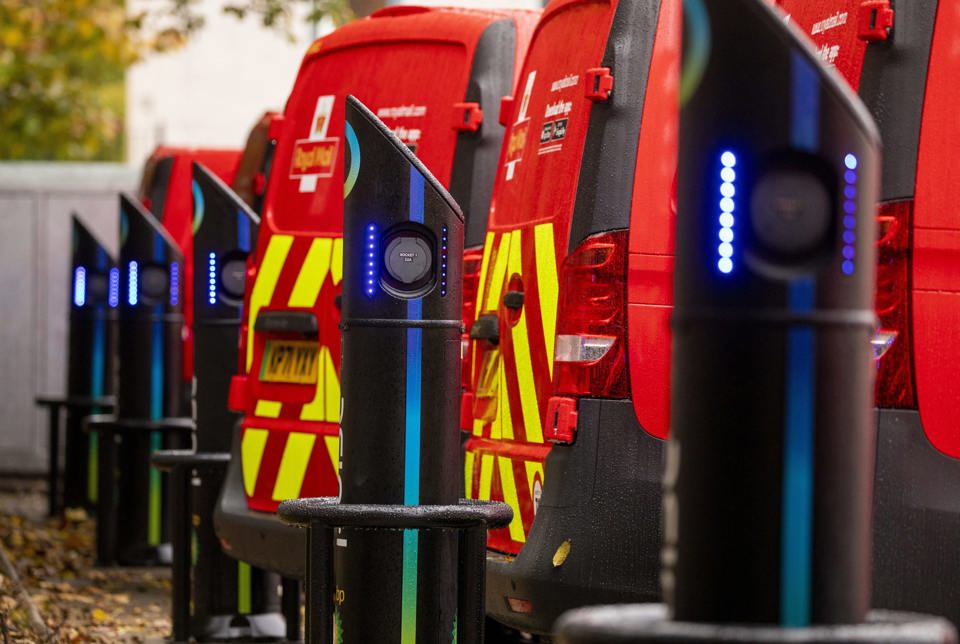






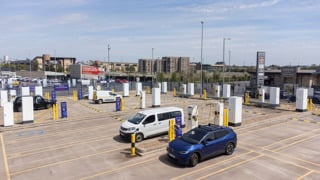

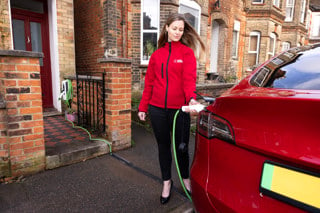












Capt_Slow - 01/11/2024 13:40
Here's an idea. The current option on vans does not work. Every customer I speak to, does not want EV vans on their rental fleets, they do not offer enough range, they are too expensive, and they are simply not fit for purpose. Why manufacturers, and the goverment, cannot come together, and allow for PHEV vans to be run until 2035, to allow for better battery tech to be developed, is beyond me. It is simply madness, to keep pushing the EV van agenda, when it does not work for most companies in its current format.